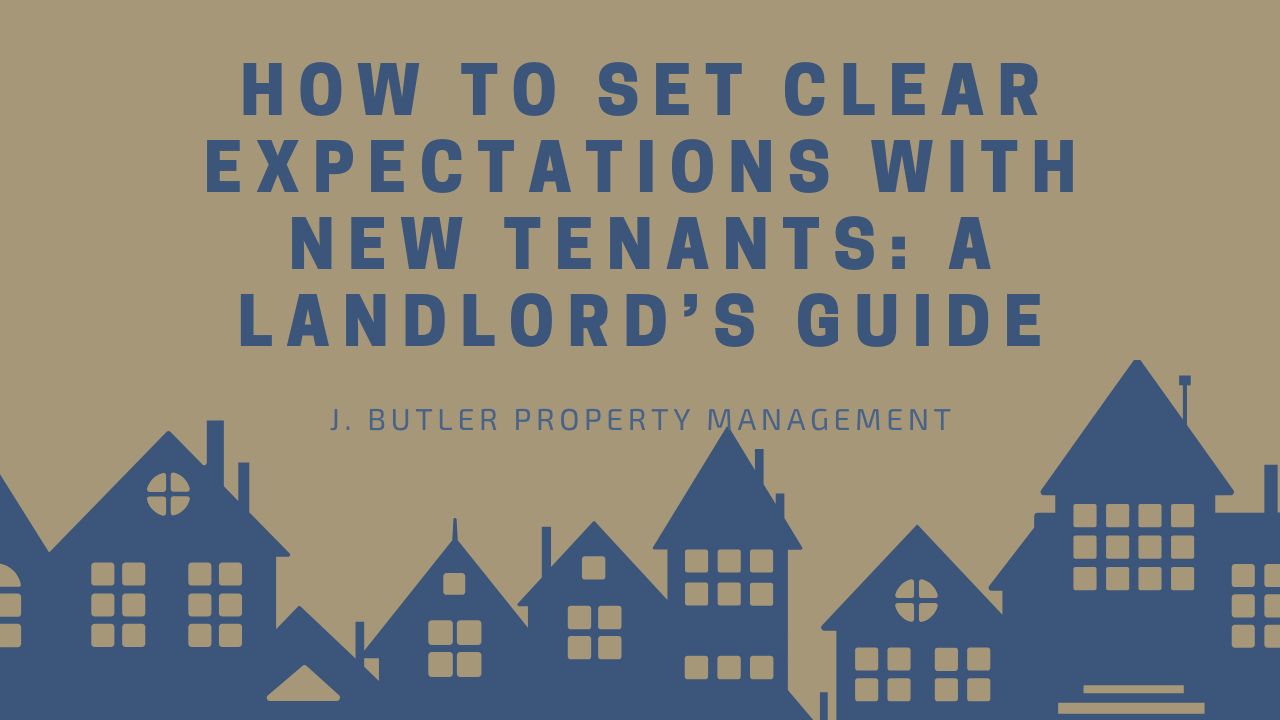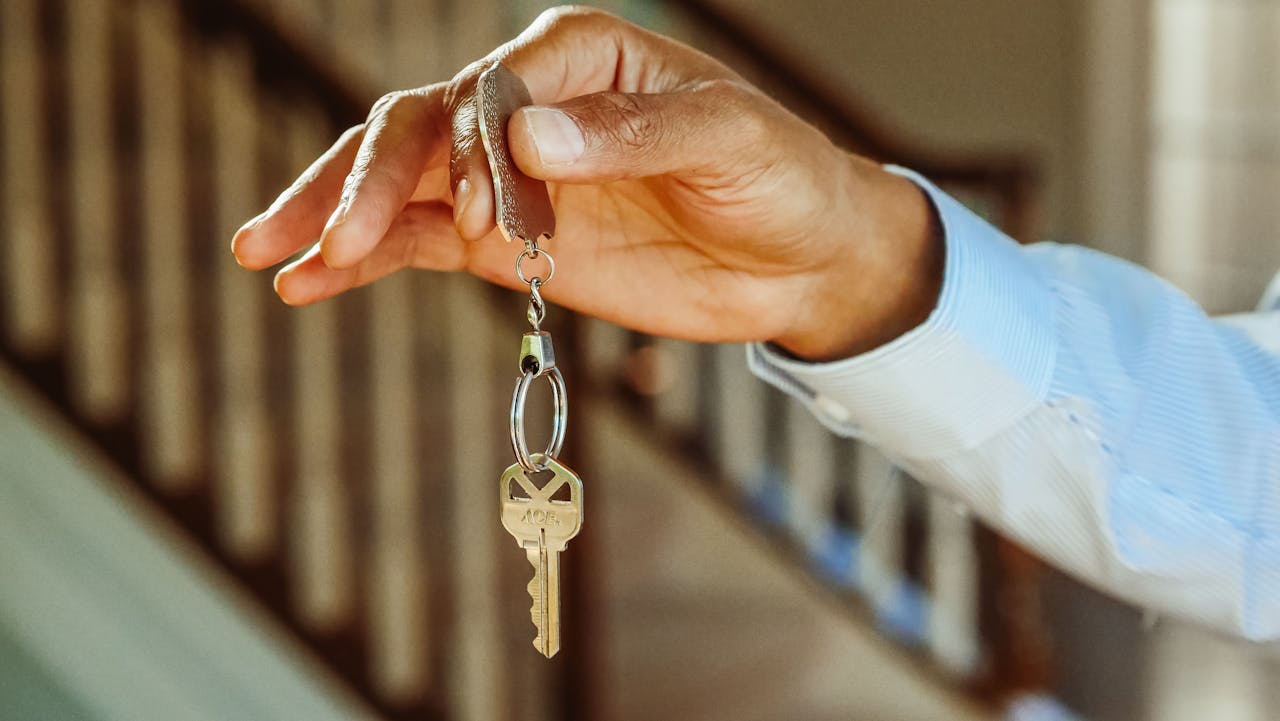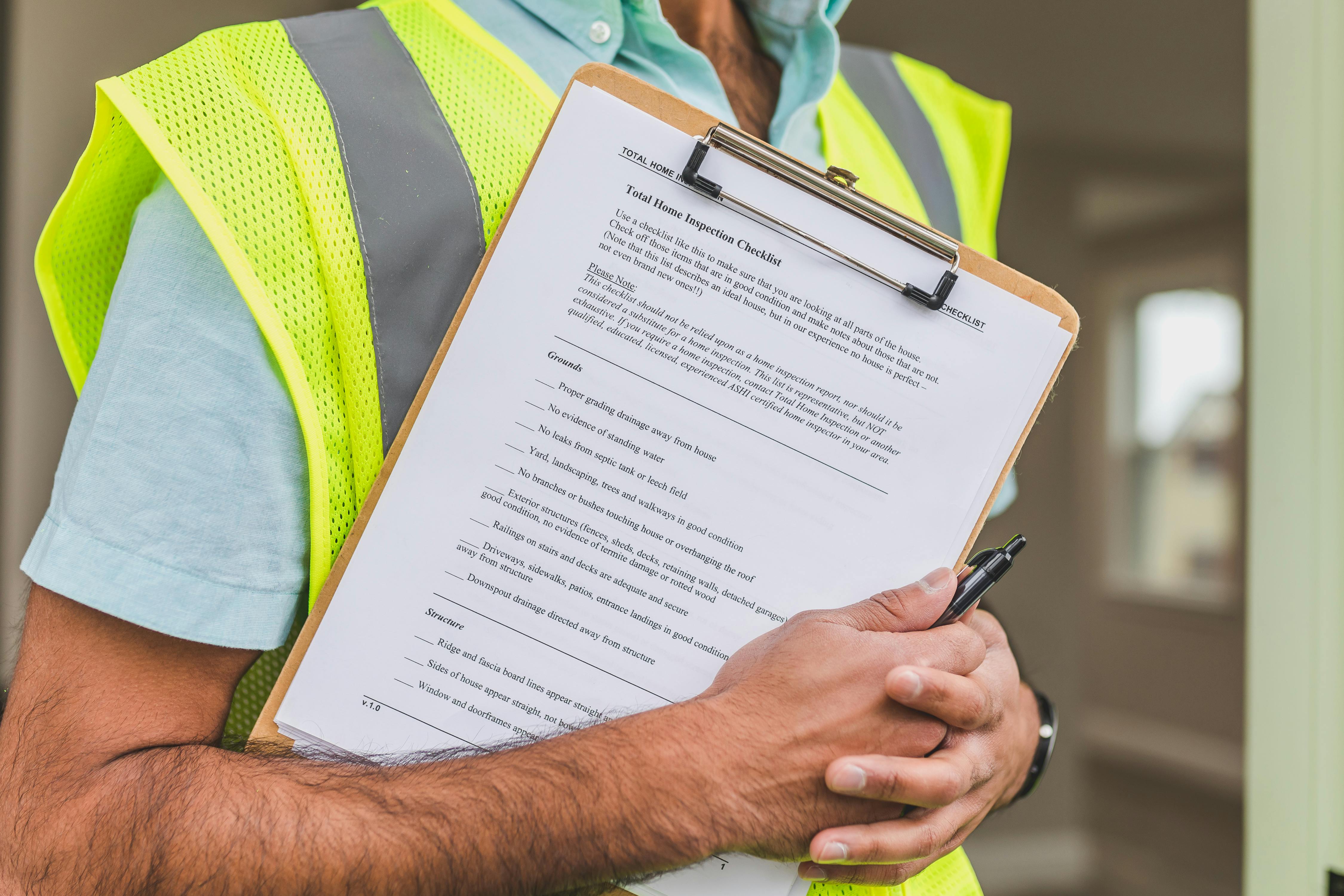
How to Set Clear Expectations with New Tenants: A Landlord’s Guide
November 24, 2025
How to Set Clear Expectations with New Tenants: A Landlord’s Guide
Key Takeaways
- By thoroughly explaining lease clauses, including rent fees, maintenance responsibilities, and property rules, landlords establish transparency, reduce disputes, and ensure both parties understand their rights and obligations.
- Clearly outlining rent procedures, deposits, utility responsibilities, and maintenance roles helps tenants comply consistently and protects the long-term condition of the property.
- Defining preferred communication methods, expected response times, and required notice for entry fosters professionalism, trust, and smoother day-to-day interactions.
Establishing clear mutual expectations between tenants and landlords is one of the most essential aspects of successful property management. Apart from a well-drafted lease agreement, effective communication and proactive management are the foundation for smooth tenancy.
Landlords who set clear expectations from the onset reduce disputes and misunderstandings with their tenants. This results in a professional and respectful relationship for both parties.
In this article, J. Butler Property Management will discuss in detail how landlords can set clear expectations with new tenants to ensure cooperation, compliance, and long-term satisfaction.
CONTACT US TODAY FOR MORE INFORMATION
The Benefits of Setting Clear Expectations
Owning a rental property is a business venture, and every new tenant is a new business relationship governed by interpersonal and legal dynamics. You can maintain happy tenants and prevent confusion by defining boundaries and responsibilities on time.
Building Mutual trust: When tenants know what you expect from them and what they should expect from you, they are more likely to feel respected, secure, and motivated to take proper care of the rental property.
Preventing miscommunication: When miscommunication occurs, potential outcomes may include disagreements over property use, neglected maintenance, or late payment. Landlords can avoid these issues before they arise by communicating expectations clearly in conversation and writing.
Supporting legal protection: Part of your legal obligations as a landlord is communicating expectations clearly. When a lease agreement is clearly communicated, both parties will understand their rights under local and state laws, and the possibilities of having legal issues will be reduced.

How to Set Clear Expectations
The lease agreement
The lease agreement is a legal framework that explains the relationship between tenants and landlords. Carefully consider, clearly state, and fully explain every clause that is written in the lease agreement.
A thoroughly drafted lease agreement should address the following areas:
- The rent amount, due date, late fees, and methods of payment
- The security deposit amount, deductions, and conditions for return
- Policies for noise, smoking, and pets
- Occupancy limits and rules for subletting
- Maintenance responsibilities between the landlord and tenant
- Entry notice requirements for repairs or inspections
- Procedures for maintenance and repair requests
- Consequences of early termination or lease violations
Please ensure that all clauses included in the lease agreement comply with the state and local landlord-tenant laws, as these can vary among jurisdictions. Review the lease with tenants either in person or virtually before signing it. Set up expectations for move-out letters in order to close the lease clearly and professionally.
Use this opportunity to explain all the clauses, confirm their understanding, and answer questions they may raise.
Doing this shows that the landlord values transparency and demonstrates professionalism. Ensure that tenants sign an acknowledgment form to confirm that they have read and understood everything in the lease agreement. This will serve as a legal protection that both parties understand their responsibilities.

Establish financial expectations
There should be clarity about procedures, fees, and payments to encourage timely compliance and prevent confusion. Landlords should clearly state the exact amount of rent and the dates it will be due every month.
Accepted methods of payment should be listed. If there are late fees, include them in the lease and state grace periods (where applicable). To reduce errors and ensure consistent income, landlords can use automated payment systems.
Tenants should understand the total amount of the security deposit required, the conditions under which deductions may be effected, the timeline for returning deposits after moving out (according to the local laws), and the procedures for documenting the property’s condition during move-in and move-out.
Landlords should specify which utilities tenants will pay for and which ones will be the landlord’s responsibility. Before tenants move into the property, they should understand the account setup procedures. This will ensure a smooth transition.
Explain expectations concerning maintenance and property care
The long-term condition of rental properties depends on the maintenance. Ensure that tenants understand their roles in caring for the property to prevent unnecessary damage and comply with lease terms. Landlords are typically responsible for:
- Ensuring that the property is habitable
- Major repairs such as the HVAC system, roofing, and plumbing
- Providing essential services and maintaining structural integrity
Give tenants clear instructions on submitting maintenance requests to establish organized and timely communication. This should include the communication channel, online portal, phone number, or email.

On the other hand, tenants are usually responsible for:
- Reporting maintenance issues promptly
- Garbage disposal
- Cleaning the property and keeping it hazard-free
- Preventing damage caused by misuse or negligence
Landlords can reduce expensive repairs and ensure that tenants treat the property with care if they communicate these expectations early.
Inform tenants that before move-in, there will be a joint inspection to establish a baseline for the property’s condition and another inspection after move-out. Provide them with a checklist to encourage accountability and protect both parties if any disputes arise.
Establish communication protocols
It is essential to establish preferred methods of communication and response expectations. This will foster trust and consistency. Landlords should specify the best ways tenants can reach them. Some common channels include SMS, phone calls, emails, and online portals.
Tenants should know when to expect a response depending on the situation (general inquiries, non-urgent maintenance requests, or emergencies).
Be consistent with the response time to demonstrate professionalism and build trust. Landlords should clearly specify the notice period required for property entry. This will prevent misunderstandings. Unless there is an emergency, most places mandate 24 to 48 hours’ notice.
CONTACT US TODAY FOR MORE INFORMATION
Final Thoughts
Setting clear expectations with new tenants protects your property, reduces conflicts, and promotes trust. It is the foundation of a successful relationship between landlords and tenants. Landlords who know how to effectively communicate expectations find it easier to achieve long-term success than their competitors.
Property management companies can also help foster better communication through online portals, and a team dedicated to ensuring that your property is in good condition. Contact J. Butler Property Management today to learn more!


